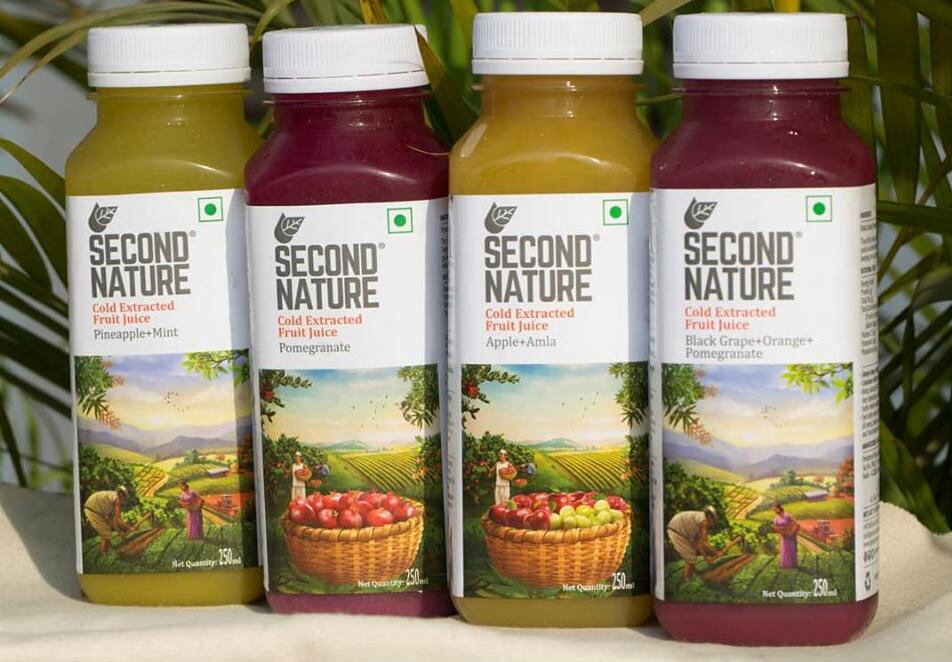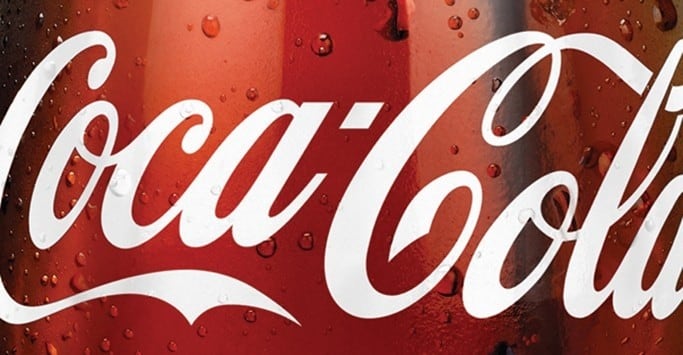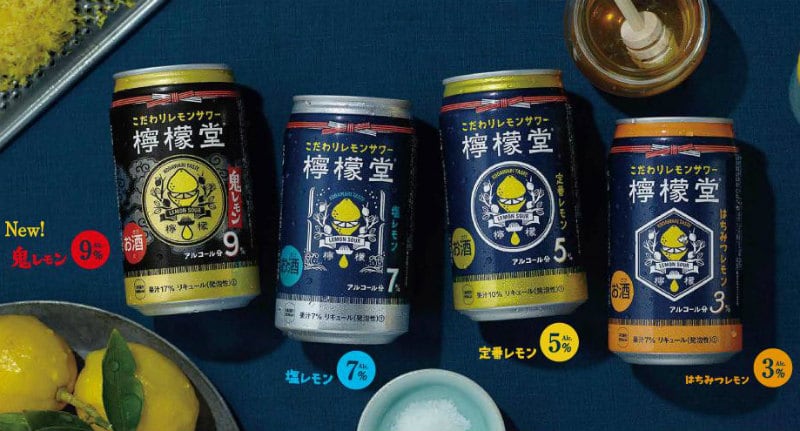Second Nature, so-named because it claims its products to be ‘Second-To-Tree’ in terms of nutrition and taste, prides itself on being involved all through the supply chain, from growing to harvesting, post-harvest management and processing.
“Most of the new entrants in this industry are cold pressed juices, which are extracted using pressure and straining in open to atmosphere conditions, causing fibre loss and oxidation,” Second Nature Founder and Chief Product Officer Dipti Motiani told FoodNavigator-Asia.
“[The] concept of cold extraction is a unique method of juicing fruits and vegetables. Juice and pulp is gently extracted in a vacuum environment is created to prevent oxidation and [the] loss of natural flavours.”
“We do not have any additives at all either - no added sugar, no preservatives, and no heat. Upon heating, fruits lose their nutritional value hence, traditional tetra pack juices, with prolonged shelf lives, are not as nutritious as the fruit itself.”
Motiani added that Second Nature’s focus was currently on the local Indian market, in hopes of utilising both the abundant local produce and their unique technology to capture the market.
“We have seen the quality that fresh produce can have when managed properly and with the correct care,” she said.
“Regrettably, India, despite being one of leading exporters of these fruits and vegetables to other countries, rarely sees these high-quality products in its own markets. We want to serve this very quality and taste to the Indian market.”
The main target consumer for these beverages are the health-conscious who pay attention not only to what they eat and drink, but also the source of these products.
“The response has been great so far – Indian customers are pragmatic, to say the least. They demand the highest value that their money can buy,” said Motiani.
“We are a clean label, natural brand – [not] organic, [but] all our products subscribe to European standards of chemical residues. We are working on expanding our product line and will come up with an organic range in the near future.”
Second Nature launched its products into the market last year, and are now present in Nasik, Pune and Mumbai, with Delhi, Hyderabad and Bangalore also on the horizon. The beverages are also available online via the company’s website.
Subscription model and products
Second Nature also offers multiple subscription models for consumers to choose from in order to maximise the convenience factor.
“The modern consumer is always on the move, and the most critical requirement is the juice’s availability when they want to have it,” said Motiani.
“People have no concerns in subscribing to juice and making it a habit as long as their preferred juices are made conveniently available for them.”
In terms of the product range, she added that the company goes through some 20 to 25 possible options before any new variants are launched.
“We have multiple variants that are very fast moving – since a large part of our range is seasonal fruits, they move very strongly in their respective seasons,” she said.
“However, we have seen our Black Grape, Pomegranate and Orange blend, as well as our Pineapple-Mint blend do very well everywhere. Our vegetable blend of spinach, celery, ginger and orange has also done quite well, as has our Almond Cocoa Date dairy free nut milk smoothie.”
Challenges and the way forward
Motiani added that within the country, the juice industry as a whole faced a good deal of infrastructural and logistical challenges.
“For juices, we in India lack an established cold chain infrastructure and the understanding, both at the consumer and retailer levels, of how much it impacts the quality of fresh produce,” she explained.
“This lack of infrastructure undoes a lot of the good work put in at the farm level – today, grapes from Nasik are sent to both Mumbai and London. In Mumbai, they hit the shelves within 24 to 48 hours, while the process takes four to six weeks for London.
“However, the grapes in London are fresher even after those 6 weeks as compared to the ones in Mumbai sold after a day or two. It is a critical part of the entire food and beverage puzzle that needs to be resolved in our country.”
Moving forward, the company’s major focus will be on convenience and quality.
“It is very early days for us in a category that is still nascent. Our intent to increase the availability of Second Nature and make it as convenient as possible for our customers to buy/subscribe,” she said.
“[Our] aim is to grow as fast as possible without compromising on the quality of the product [so we will] ensure that our growth is in focused on channels which will not impact product quality.”





